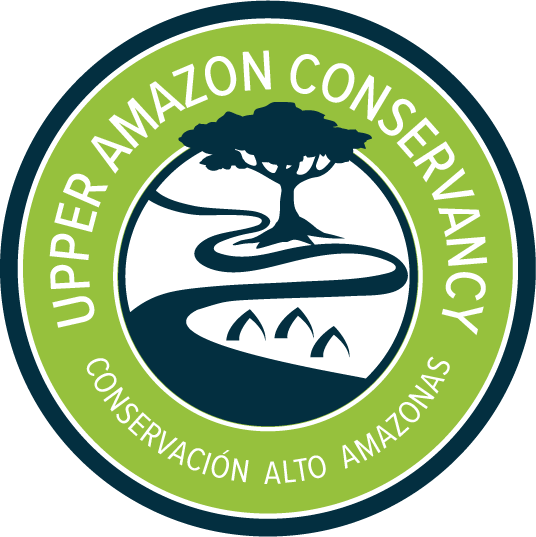UAC’s Work to Protect Isolated Tribes Highlighted in Science Magazine
Expedition team members traveling on the Curanja River, Peru in April.
June 2015: Science magazine has published an extensive expose on issues surrounding isolated tribes in the southwestern Amazon in light of recent contact events between the tribes and local villagers. The articles are divided into two sections—Peru and Brazil. The Peru section was informed by an April expedition to the Alto Purús led by UAC and its Peruvian sister organization ProPurús. A summary of the trip was described in an earlier post and available here.
A Mastanahua woman in initial contact in the Alto Purús. She and three family members left the forest several years ago but maintain relations with the rest of their tribe still living in isolation.
The articles describe an exceedingly complicated situation in this extremely remote region of the Peru – Brazil borderlands, as several distinct tribes have decided to end their isolation to obtain food, machetes and other manufactured items for local villagers. These contact events are usually disastrous for the tribes, resulting in deadly disease transmission or outright violence. Science explores how both governments are responding to recent contact events, raising serious concerns about the fate of some of the world’s last isolated peoples.
The articles are available on the Science website here, and as pdfs below.
Peru: Making Contact: Some of the last isolated tribes are emerging from Peru’s rainforests. Andrew Lawyer
For more information on Peru’s isolated tribes, the work of UAC and ProPurús to protect them and how you can help, please contact: info@upperamazon.org.


